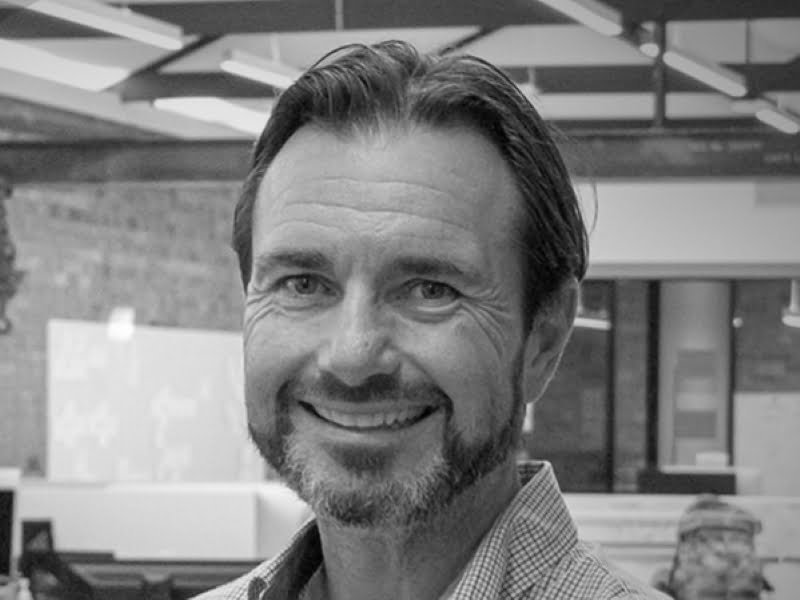The Queensland government has appointed RedEye co-founder Wayne Gerard as the state’s new Chief Entrepreneur, filling the position which has been vacant since last year.
Mr Gerard has been actively involved in Queensland innovation policy in the past and the state government backed his Brisbane-based tech scale-up in 2018.
He will now assemble an advisory council to assist him with the state’s innovation and startup programs.
The Office of the Queensland Chief Entrepreneur was launched in 2016 by the Palasczuk government to “cement Queensland’s reputation as Australia’s startup state”. But a lack of attention from the government led to speculation about its future earlier this year amid reports the office would be dumped for an advisory council.
The government rejected the reports, promising to enhance the role alongside an advisory council as part of a “revised structure” for the office.
Prominent entrepreneurs Mark Sowerby, Steve Baxter and Leeane Kemp have served in the role, which had been vacant since last year before Mr Gerard’s appointment on Wednesday.

Alongside Randall Makin, Mr Gerard co-founded SaaS firm RedEye in 2012 to help large complex asset owners like resource and utility companies manage their asset data. RedEye gained BHP as a customer a year later before attracting local and international investors, and now employs 80 people across several global offices.
In 2015, Mr Gerard was named the Queensland Entrepreneur of the Year by the Pearcey Foundation, and has also served on the board of StartupAus and the Premier’s Business Advisory Council.
In an interview with the state’s innovation arm, Advance Queensland, Mr Gerard said he will focus on fostering collaboration for local startups.
“Entrepreneurs are problem solvers, connecting Queensland entrepreneurs with Queensland industry and into Queensland Government to identify and solve problems with innovation. This is a key part of what I’ll be focusing on,” he said.
Former Queensland Chief Entrepreneur Steve Baxter, who held the role between 2017 and 2018 said the state government had lost some of its focus on innovation, amid speculation about the future of the office earlier this year.
“I think it has become a dirty word – they’ve abandoned it. They haven’t given it long enough and it’s had an inappropriate focus. The outcome of this is the government can’t do much and will probably do more if it gets out of the way,” Mr Baxter told InnovationAus in March.
The state’s new chief entrepreneur has been tasked with establishing an “Innovation Advisory Council”, expected to feature representatives from universities, venture capital firms and startups to offer advice to the government.
Mr Gerard said he is also working with the government on more initiatives that will help Queensland respond to COVID-19.
“These include harnessing innovation to maximise the value and impact of this year’s budget and by connecting our local entrepreneurs, startups and innovative companies with our key Queensland industries like mining, tourism, agriculture and energy to innovate,” he said.
“Queensland needs to build resilient and adaptable supply chains, new ways of delivering value to customers and we need to help make infrastructure projects and our transition to more sustainable greener energy, faster and more cost effective.”
The main innovation program in the state budget, handed down earlier this week, is a $350 million Industry Partnership Program. The program is aimed at small to medium enterprises and research institutions working in Queensland’s priority industries; mining, defence, resource recovery, space, aerospace, biomedical, biofutures and hydrogen.
Do you know more? Contact James Riley via Email.

